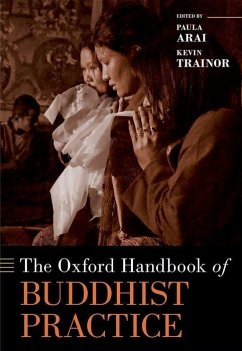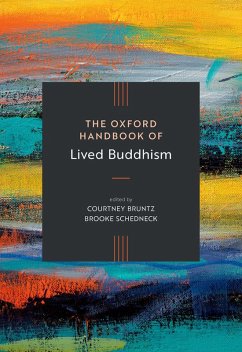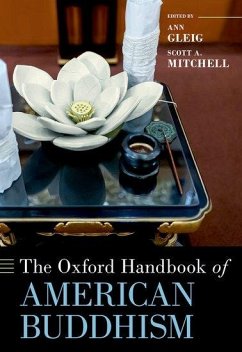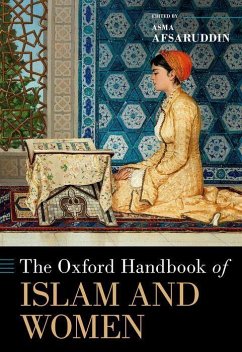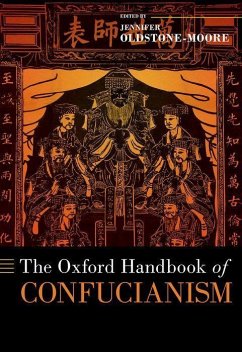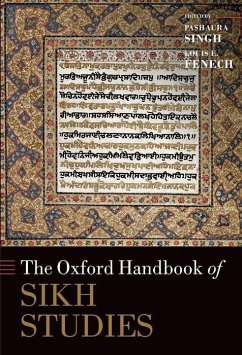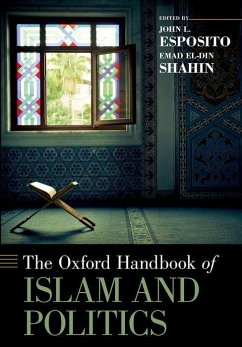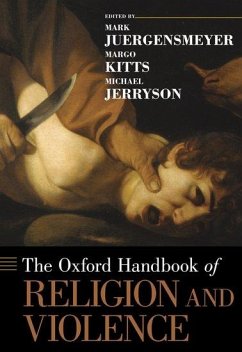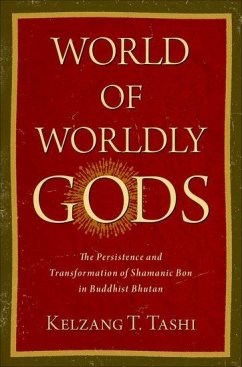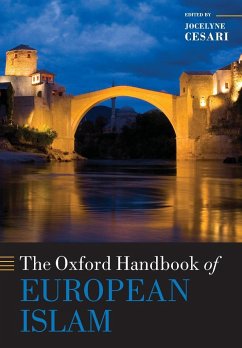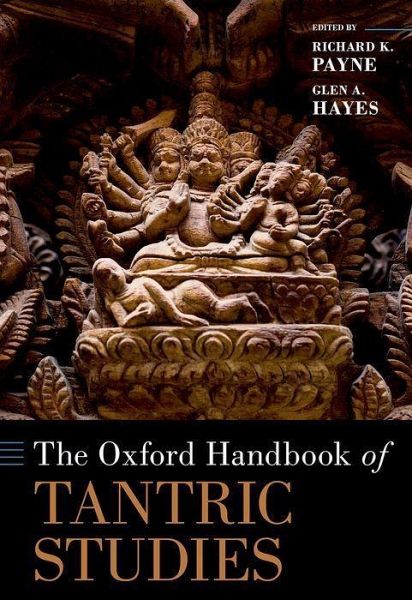
The Oxford Handbook of Tantric Studies
Versandkostenfrei!
Versandfertig in über 4 Wochen
232,99 €
inkl. MwSt.

PAYBACK Punkte
116 °P sammeln!
Since the earliest encounters between tantric traditions and Western scholars, the representation of tantra has typically emphasizd the antinomian, decadent aspects, which created a one-dimensional understanding, and hampered the study of the field. The Oxford Handbook of Tantric Studies is intended to overcome these obstacles, with a topical framework that covers the major topics in the field, including the concept of action (rituals, meditation, chanting, and pilgrimage) transformation, embodiment, "extraordinary" beings, art, literature, social organizations, and history. With a global pool...
Since the earliest encounters between tantric traditions and Western scholars, the representation of tantra has typically emphasizd the antinomian, decadent aspects, which created a one-dimensional understanding, and hampered the study of the field. The Oxford Handbook of Tantric Studies is intended to overcome these obstacles, with a topical framework that covers the major topics in the field, including the concept of action (rituals, meditation, chanting, and pilgrimage) transformation, embodiment, "extraordinary" beings, art, literature, social organizations, and history. With a global pool of contributors, and over 40 chapters, the Handbook aims to provide the definitive reference work in this dynamic field.



